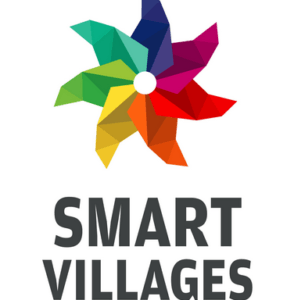African countries urged to make deliberate link between energy, water and agriculture
 African countries have been called upon to deliberately link energy, water and agriculture so as to achieve sustainable development.
African countries have been called upon to deliberately link energy, water and agriculture so as to achieve sustainable development.
Speakers at an ongoing workshop on Smart Cities, in Saly, Senegal August 23 to 24, 2016, have argued that linking energy, water and agriculture also has the potential to speed up economic development.
Mr. Louis Seck of Energy4Impact pointed out that in considering the linkage it is also necessary to integrate gender, because women and girls spend more time in collecting fuel wood, water and producing food, they are unable to go to school.
He therefore, said integrating gender within the link would improve the standard of living of citizens.
He said access to energy has direct impact on other development outcomes like education and health.
With 1.1 billion in the world without electricity, three billion people cooking on unclean stoves leading to the death of 4.3 million every year due to cooking fuels generated pollution, about 600,000 of these are in Africa, most of them women and children, Dr. John Holmes of the Smart Villages Initiative asked that energy should be made center stage in development efforts.
According to Dr. Holmes energy should be seen as a catalyst for development.
Dr. Holmes said countries can take advantage of technological advancement which makes smart villages possible. He also urged that focus should be on sustainable local energy solutions for rural communities and urged for “effective policy interventions” in these areas.
Putting up some statistics, he said the need for energy would be 80 per cent, the need for water would get to 55 per cent and 60 per cent of food would be required by 2050
He therefore called for good agriculture policies, because good management of agriculture would avoid the situation of poor quality of water.
He also urged an increased role of government and local authorities to ensure access to water and food by women.
In his presentation, Mr. Secou Sarr of Enda Energie, called for the need to understand the link between energy, food and water, climate change and desertification.
Mr. Sarr pointed out that some 300 million in West Africa have no access to electricity, citing discrimination in access to energy between cities and rural areas.
He also indicated that access to energy is linked to levels of development, adding that countries with low access to energy also have low development, and he called on African countries to focus on energy as a key development tool.
In her presentation, Dr. Mary Allan, West Africa Coordinator for Practical Action, noted to reach the goal of universal energy access, 55 per cent of new electricity supply must come from decentralized systems, adding that while the provision of electricity has brough some positive impacts, it has had no direct impact on cultivation and livestock.
“We need to make a deliberate connection between energy and agriculture,” she said.
By Emmanuel K. Dogbevi, in Saly, Senegal
